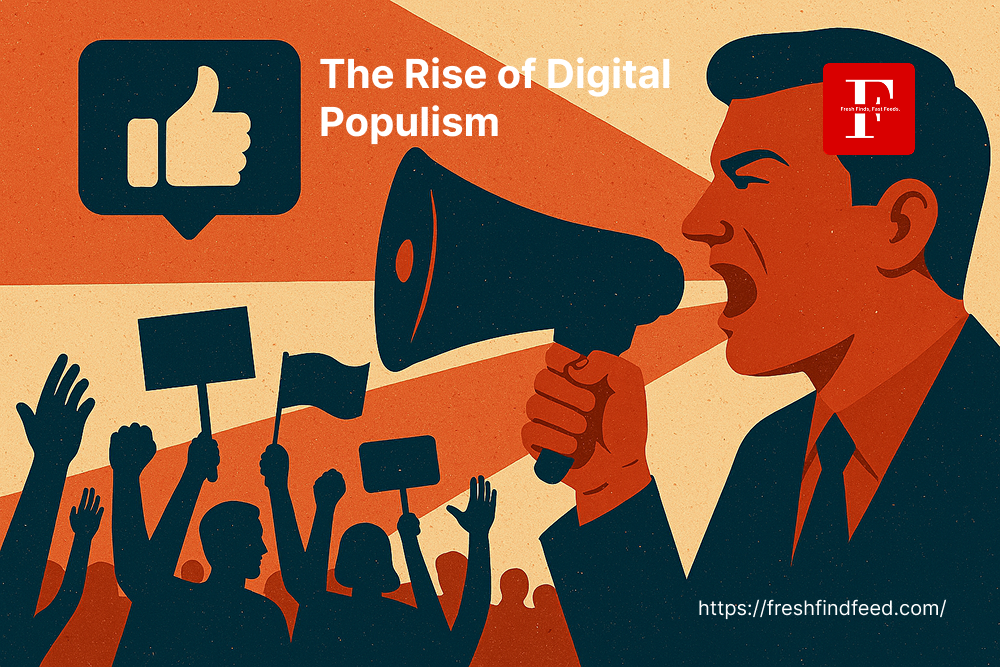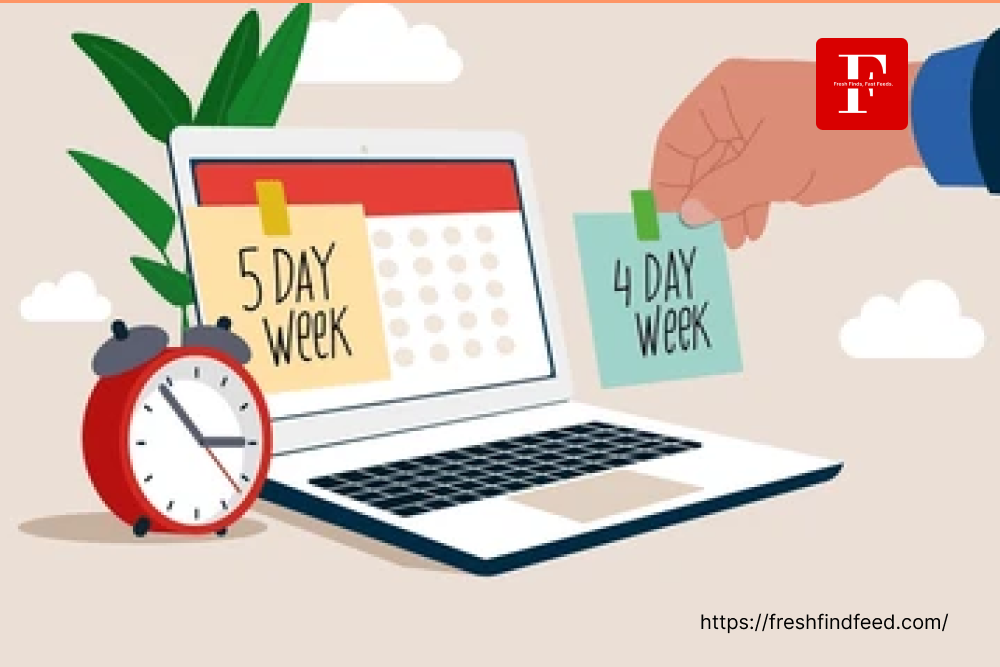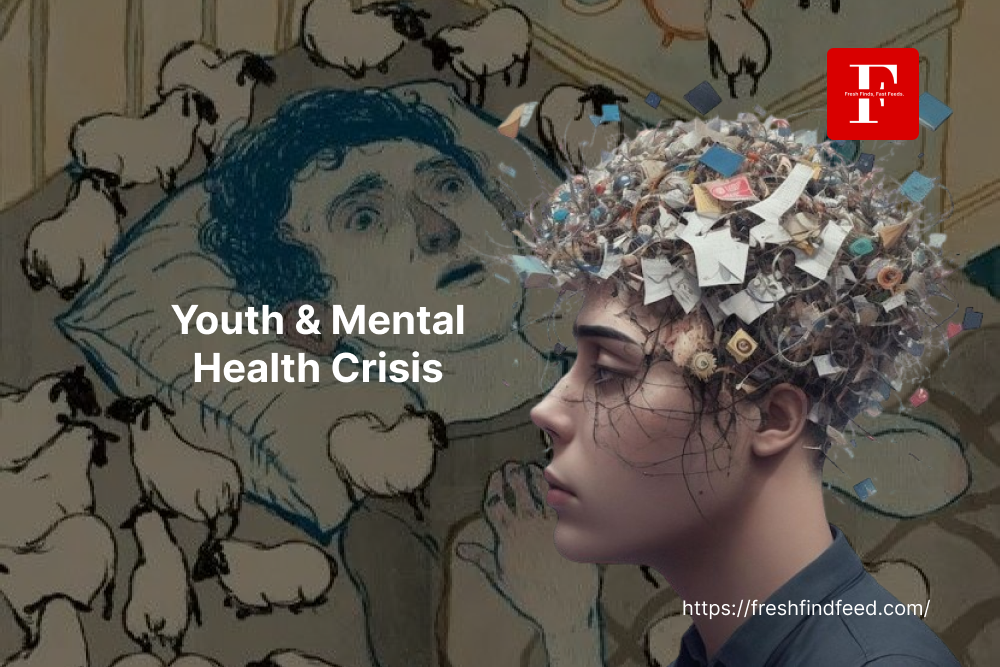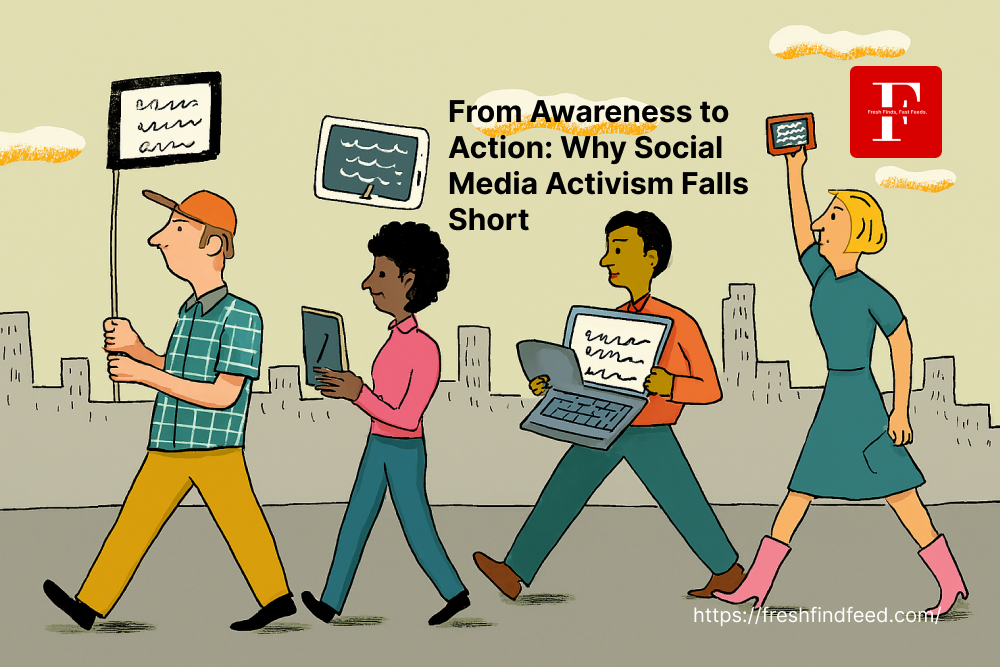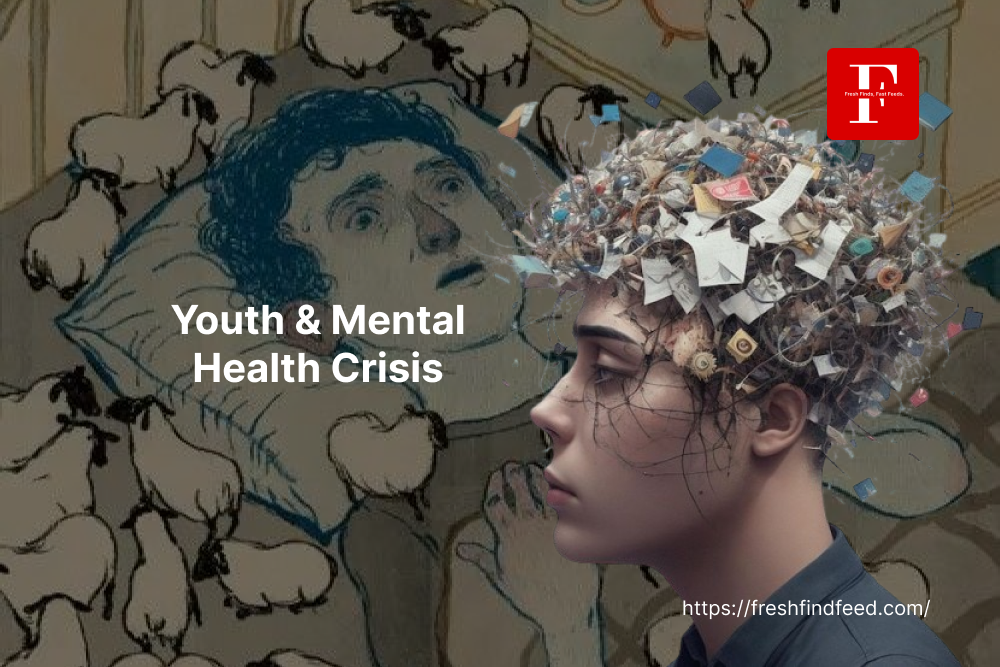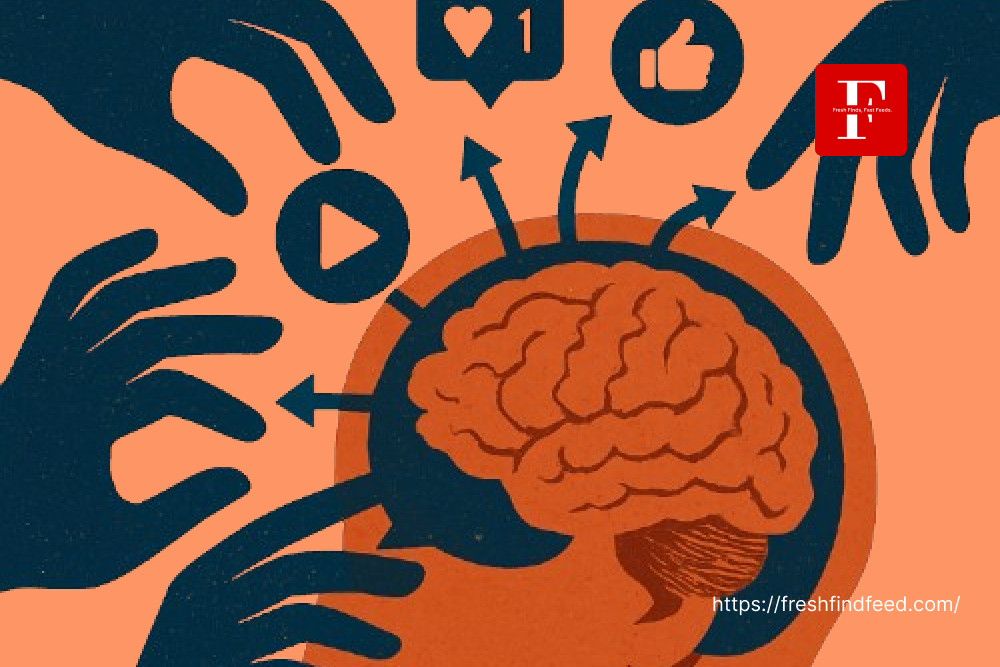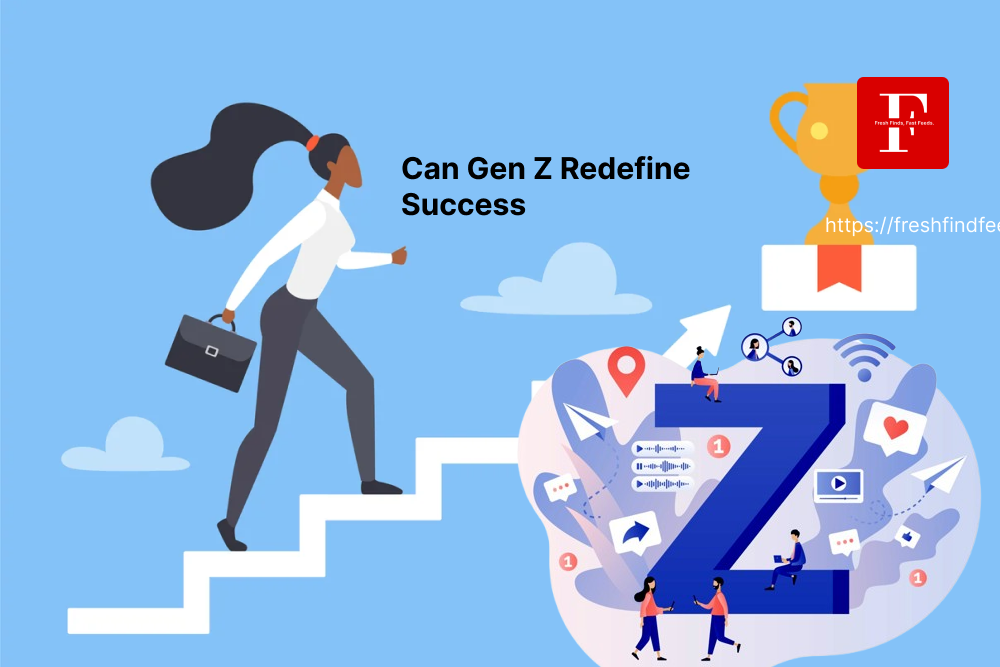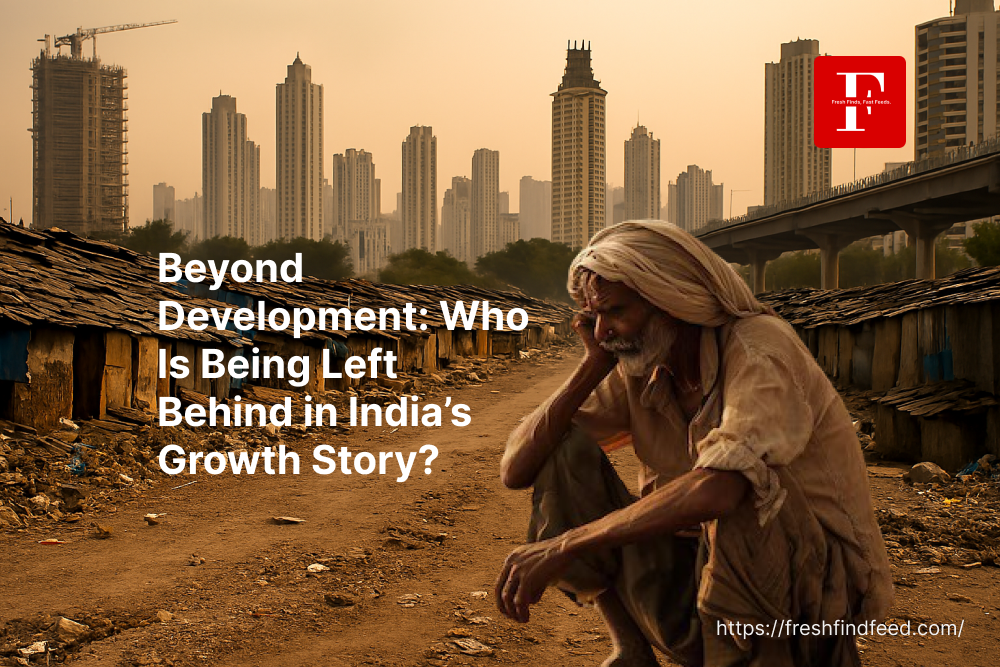In today’s world, politics is no longer limited to parliaments, rallies, and press conferences. A single tweet, viral video, or Facebook post can shift public opinion, spark protests, or even change the outcome of elections. This growing influence of online platforms has given birth to a new phenomenon: digital populism.
Digital populism is when leaders and movements use social media to appeal directly to people, often bypassing traditional institutions like the press or political parties. While it gives leaders a powerful way to connect with citizens, it also raises troubling questions about truth, division, and the very future of democracy.
What is Digital Populism?
Traditional populism has always been about presenting a leader as the “voice of the people” against the so-called “elite.” Digital populism takes this same idea but supercharges it with the speed and reach of the internet.
Platforms like Twitter (X), Facebook, and TikTok allow leaders to:
Speak directly to millions without filters.
Create a sense of intimacy with followers.
Frame issues as “us vs. them,” fueling emotional responses.
The Power of Online Rhetoric
The internet rewards strong emotions — anger, outrage, and fear often spread faster than reasoned debate. Leaders who understand this use simple, catchy messages and dramatic language to dominate timelines and news cycles.
This creates two big effects:
Polarization – Societies get divided into sharply opposing camps, each convinced the other is an enemy.
Erosion of Trust – Institutions like the press, judiciary, or election bodies are painted as corrupt or biased, leaving citizens doubtful of their democracy.
Examples Around the World
Leaders using hashtags to rally supporters instantly.
Politicians live-streaming to show “authenticity.”.
Digital campaigns framing opponents as threats to the nation.
These tactics blur the line between healthy political communication and manipulation.
The Dangers of Digital Populism
Spread of Misinformation – False claims and rumors go viral faster than fact-checks.
Echo Chambers – Algorithms show people more of what they already believe, deepening divisions.
Weakening Institutions – Direct attacks on courts, media, and experts reduce public trust in checks and balances.
Short-Term Thinking – Leaders chase likes and shares instead of long-term policies.
Can Digital Populism Be Positive?
Not everything about it is negative. Digital platforms can:
Give ordinary citizens a stronger voice.
Hold powerful people accountable through viral exposure.
Mobilize support quickly for good causes.
The real challenge is balancing this power without letting it destroy the foundations of democracy.
How Democracies Can Respond
Stronger Digital Literacy – Citizens must learn how to spot fake news and manipulative tactics.
Platform Accountability – Social media companies need to monitor harmful rhetoric without silencing free speech.
Reinforcing Institutions – Courts, media, and election bodies should be strengthened to remain trustworthy.
Promoting Civil Debate – Encouraging respectful, fact-based conversations is key to healthier democracies.
Final Thought:
Digital populism is a double-edged sword. It brings leaders closer to the people but can also tear societies apart. The future of democracy will depend on how well we use technology — as a tool for unity, or a weapon of division.




